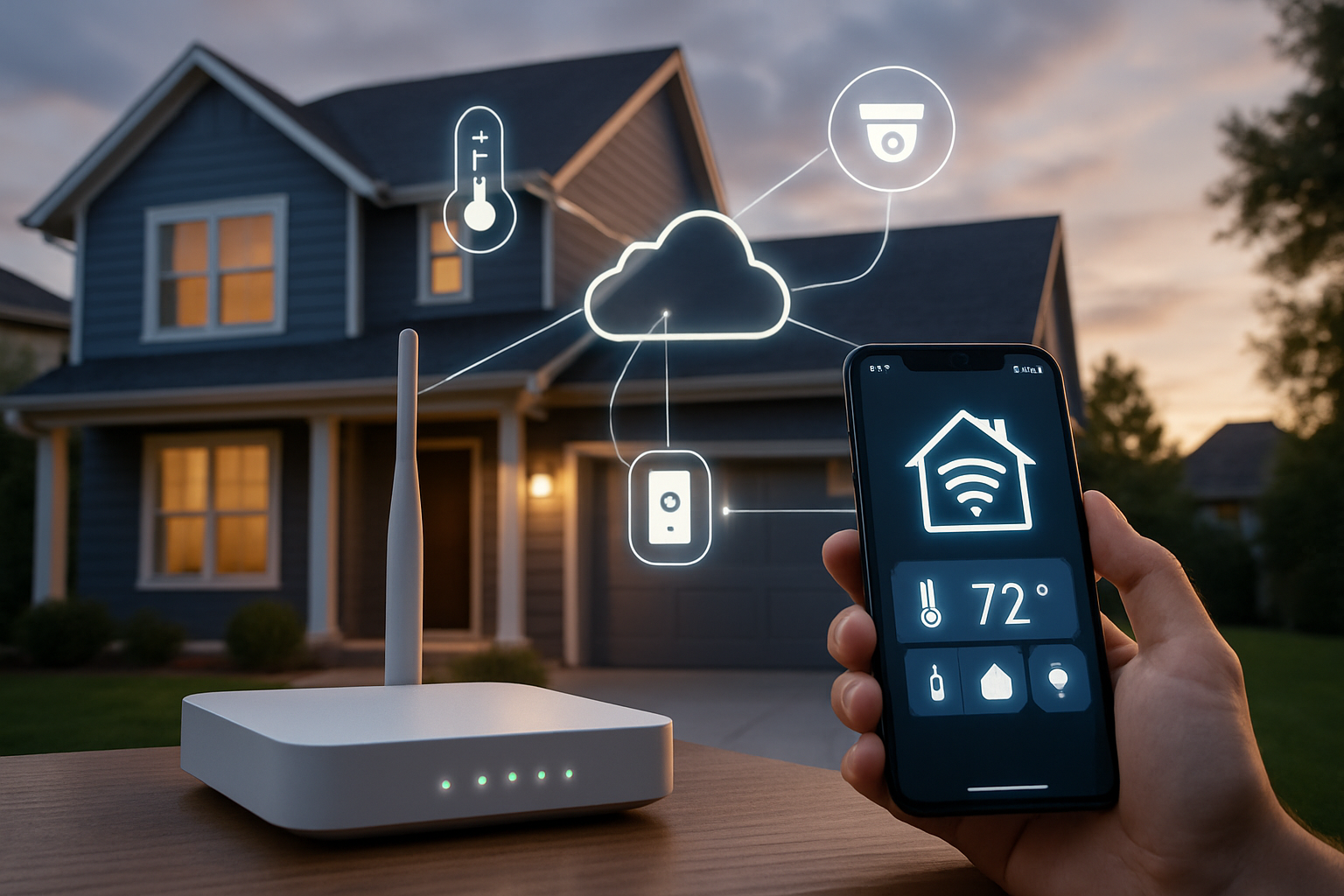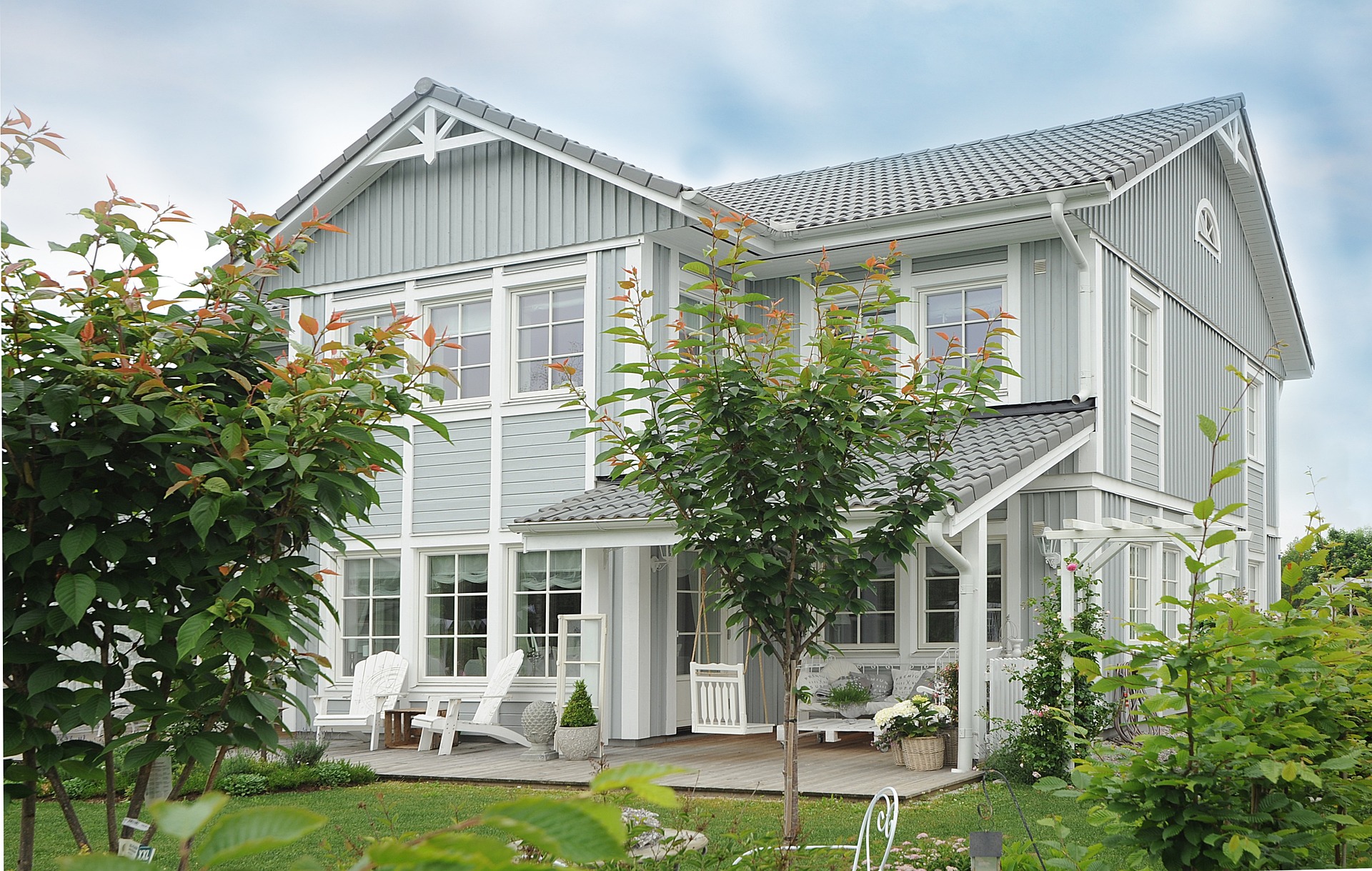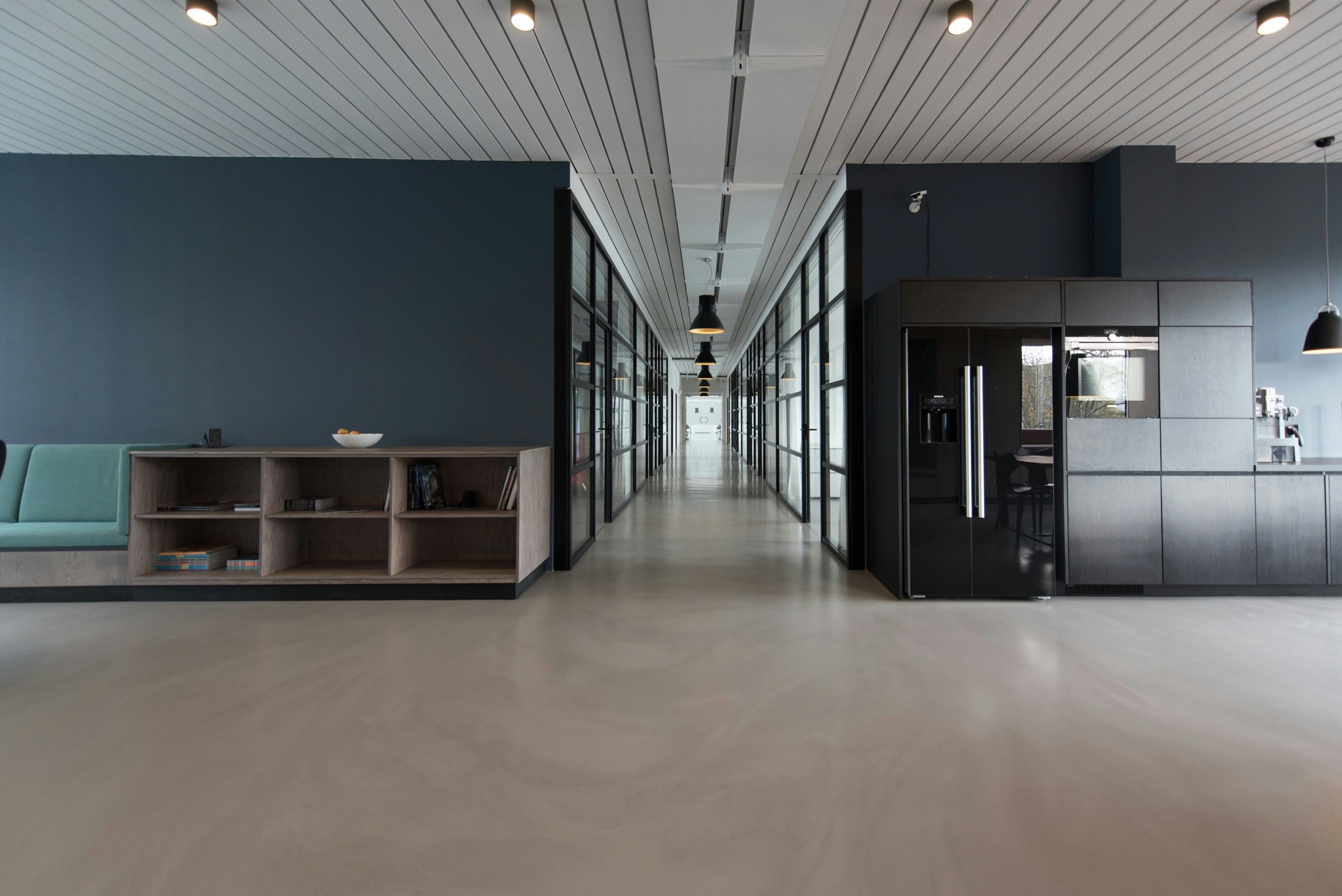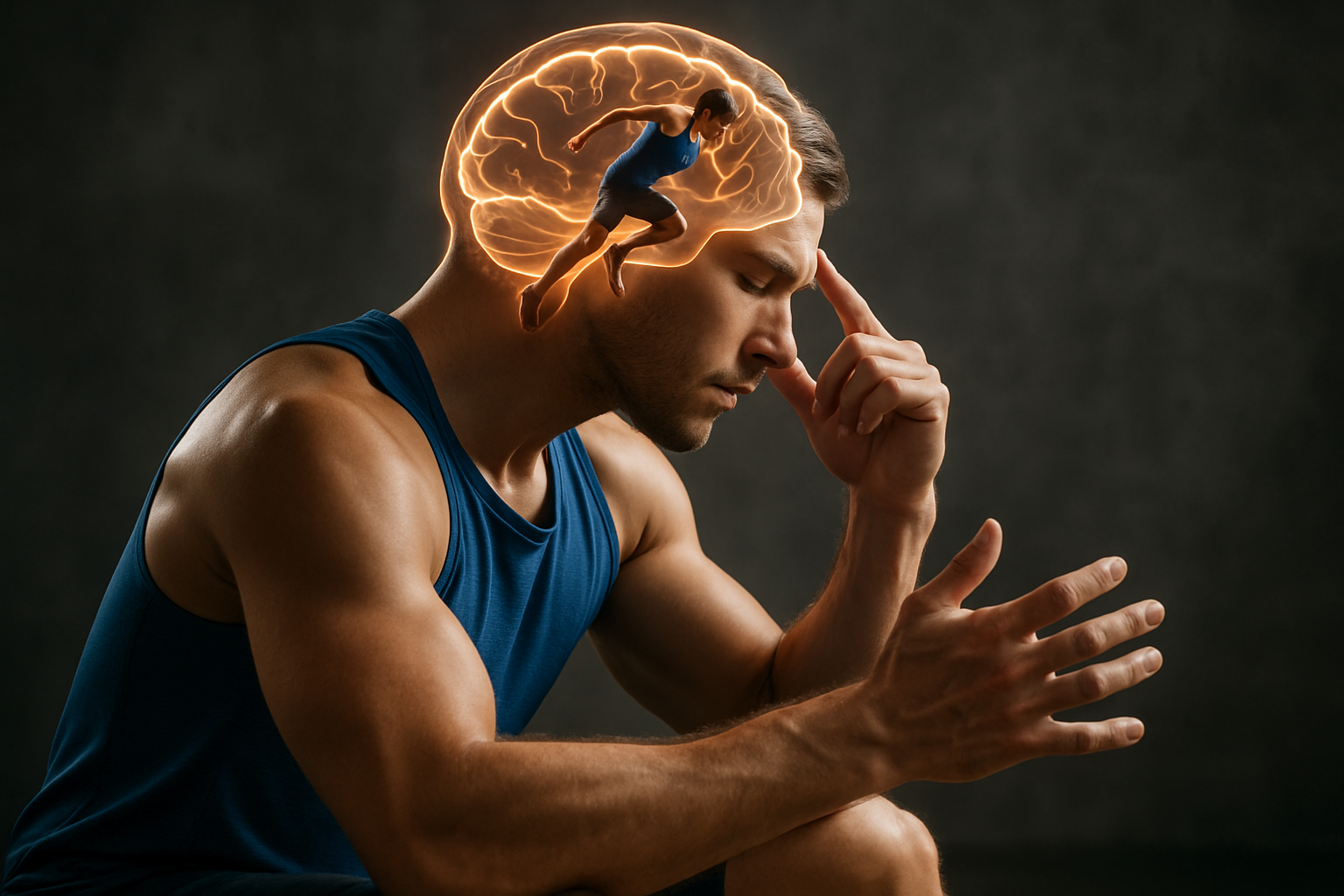The Role of Technology in Modern Homes
In the rapidly evolving landscape of the 21st century, technology has become an integral part of everyday life, and nowhere is this more apparent than in modern homes. As we approach the year 2025, the advancements in smart technology, connectivity, and automation are transforming how we live, interact, and manage our domestic environments. From enhancing convenience and security to improving energy efficiency and entertainment, technology is reshaping the very essence of home life.

Smart Homes: The Rise of Automation and Connectivity
One of the most significant technological trends in modern homes is the rise of smart home systems. These systems integrate various devices and appliances through a centralized network, often controlled via smartphones, tablets, or voice assistants like Amazon Alexa, Google Assistant, or Apple’s Siri.
Smart home technology allows homeowners to automate routine tasks, such as adjusting lighting, controlling thermostats, or managing security cameras. For example, smart thermostats can learn a household’s schedule and adjust temperatures accordingly, optimizing energy use without sacrificing comfort. Similarly, smart lighting systems can be programmed to turn on or off depending on occupancy or time of day, contributing to both convenience and energy savings.
Connectivity is the cornerstone of these systems. With the widespread adoption of high-speed internet and technologies like Wi-Fi 6 and 5G, devices can communicate seamlessly and respond in real-time. This interconnected environment not only simplifies management but also opens the door to more sophisticated integrations, such as linking security systems with emergency services or syncing home entertainment systems for an immersive experience.
Enhancing Security and Safety Through Technology
Security is a paramount concern for homeowners, and modern technology has introduced numerous solutions to address this need. Traditional locks and alarms are increasingly supplemented or replaced by smart security systems that provide real-time monitoring and remote access.
Smart cameras equipped with motion detection and facial recognition can alert homeowners to unusual activity, while doorbell cameras allow for two-way communication with visitors, even when occupants are not physically present. Advanced sensors can detect environmental hazards such as smoke, carbon monoxide, or water leaks, sending instant alerts to prevent or mitigate damage.
Moreover, integration with mobile apps means that homeowners can monitor and control their security systems from anywhere in the world, providing peace of mind and quick responses in case of emergencies. By 2025, artificial intelligence (AI) is expected to play an even larger role, enabling systems to learn typical patterns and identify potential threats more accurately, reducing false alarms and enhancing overall safety.
Improving Energy Efficiency and Sustainability
With growing awareness of environmental issues and rising energy costs, technology in modern homes is increasingly focused on sustainability and efficiency. Smart energy management systems help homeowners reduce their carbon footprint while saving money on utilities.
These systems monitor energy consumption in real-time, providing insights into which devices or appliances use the most power. Homeowners can then make informed decisions or automate adjustments to reduce wastage. For instance, smart plugs can turn off devices when not in use, and solar panel systems can be integrated with home batteries to store excess energy for later use.
In addition, smart appliances such as refrigerators, washing machines, and HVAC systems are designed to operate more efficiently, often using AI to optimize performance based on usage patterns and environmental conditions. By 2025, it is expected that more homes will adopt energy-positive technologies, such as generating more energy than they consume, contributing to a sustainable future.
Conclusion
Technology’s role in modern homes is multifaceted and transformative. From creating smart, connected living spaces that enhance convenience and control, to improving security, safety, and sustainability, technology is redefining home life in profound ways. As we look ahead to 2025, the continued integration of AI, improved connectivity, and innovative energy solutions promise to make our homes not only smarter but also more responsive, efficient, and environmentally friendly. Embracing these advancements will be key to creating comfortable, secure, and sustainable living environments for the future.
Disclaimer: All content, including text, graphics, images and information, contained on or available through this web site is for general information purposes only. The information and materials contained in these pages and the terms, conditions and descriptions that appear, are subject to change without notice.






